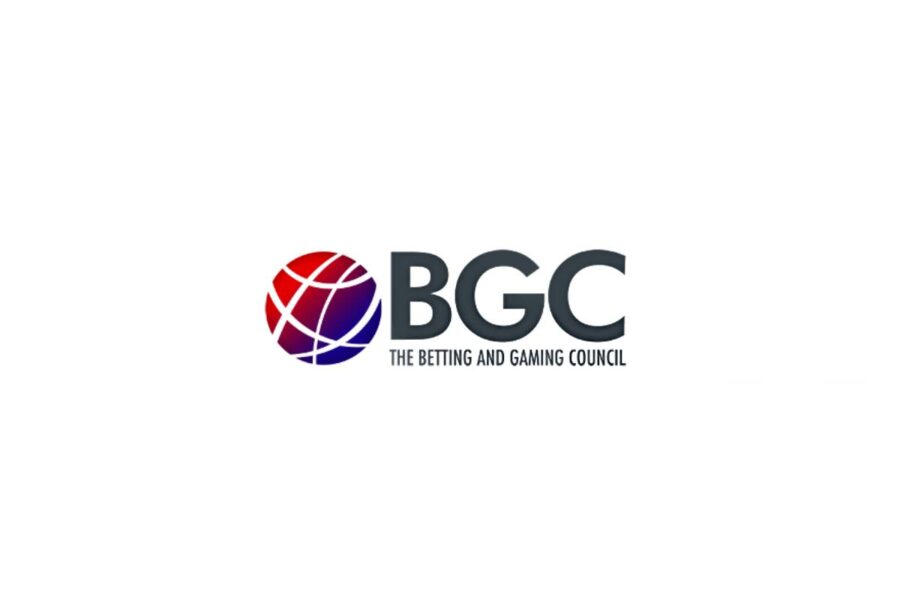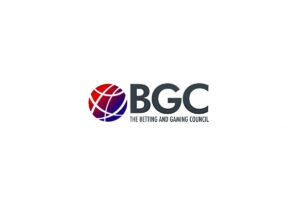BGC hails success of controls on gambling ads during World Cup

The Betting and Gaming Council highlighted a drop in TV gambling ads during the 2022 World Cup.
UK.- Industry association the Betting and Gaming Council has highlighted a drop in the number of TV gambling ads during the 2022 World Cup as a sign of the success of its members’ commitments to reduce advertising. It said ITV showed 34 per cent fewer gambling ads during the group stages when compared to the 2018 World Cup.
According to new data, when excluding all Lottery adverts, 110 betting ads appeared on ITV during the World Cup 2022 group stages. That’s 34 per cent less than the 167 adverts shown on the channel during the same stage of the last World Cup four years ago. It works out at 4.5 ads per live match at this year’s tournament, compared to 8.35 in 2018.
The BGC said the reduction was a direct result of the whistle-to-whistle ban introduced by its members in 2019. Under the voluntary ban, TV betting commercials cannot be shown from five minutes before a match kicks off until five minutes after it ends, before the 9 pm watershed.
A report last year found that the ban had led to a 97 per cent reduction in the number of such ads being seen by children at that time. BGC members already pledge that 20 per cent of their TV and radio ads are safer gambling messages.
BGC chief executive Michael Dugher said: “At the start of the World Cup, the usual suspects said we would see a “perfect storm” of problem gambling, sparked by waves of betting adverts. This data prove that these warnings were yet again wrong.
“The evidence shows that calls from prohibitionists to ban betting ads and sports sponsorship are not backed up by the evidence, with the Government themselves acknowledging independent research ‘did not establish a causal link between exposure to advertising and the development of problem gambling’.
“Nevertheless, the reduction in betting ads is further proof of the continued commitment by BGC members to raising standards – while also promoting safer gambling tools like setting deposit limits and time-outs and signposting help to those who need it. All of this is in marked contrast to the unsafe, unregulated black market online that pays no tax and makes no contribution to the economy or many of our much-loved sports”.
As well as taking action on TV adverts to protect young people, BGC members have joined forces with the world’s biggest social media sites to introduce new age-gating rules, preventing betting adverts from being seen by those under 25s for most sites.
According to a report by EY, BGC members support 110,000 jobs, generate £4.2bn in tax for the Treasury, and contribute £7.1bn in gross value added for the UK economy. They also provide £350m a year for horseracing through sponsorship, media rights and the betting levy, £40m for clubs in the English football league and millions more for rugby league, snooker and darts.
The BGC-commissioned report cites affordability checks as a threat to the British gambling sector
Last month, the Betting and Gaming Council warned that a study it commissioned shows that mandatory affordability checks would pose a threat to the regulated gambling industry. Conducted by Ernst & Young, the report suggests that revenue is already being affected by tougher checks.
The BGC says the report backs up recent polling which showed nearly 70 per cent of people who place a bet said they would be unwilling to allow regulated firms to carry out compulsory affordability checks to prove they can afford to wager.
See also: UK select committee investigating government approach to gambling regulation










